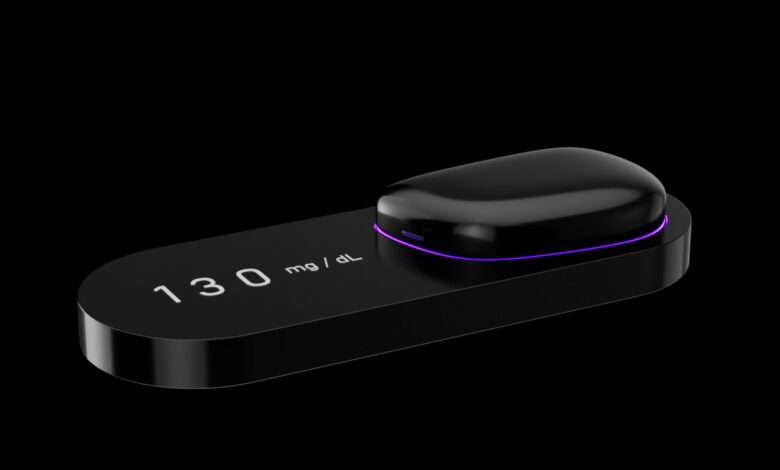
Who says that advances in the tech industry only satisfy our hunger for more entertainment? Medicine also regularly benefits from technical innovations. A current example is the so-called “Bio-RFID technology”. This is intended to enable non-invasive measurement of blood glucose levels. A U.S. startup wants to use a wearable to protect diabetics from pain and the risk of infection. We take a closer look at the technology.
Blood glucose measurement without a blood sample?
It sounds almost abstruse that you should be able to take a blood glucose reading without taking the blood yourself. But this is exactly what the US startup “KnowLabs” wants to achieve with its wearables “KnowU” and “U-Band”. At first glance, these look like conventional wearables. But under the hood lies cutting-edge medical technology. While measuring blood oxygen is the most important thing on the Apple Watch & Co., KnowLabs’ smartwatches are also designed to measure glucose levels in the blood. The startup relies on the so-called “Bio-RFID”. This completely dispenses with an annoying prick through the skin. Instead, the technology relies on special radio waves.
Promising technology
The basic idea behind “Bio-RFID” is to determine blood glucose levels without even measuring the blood itself. Here, the work of the radio waves is to recognize special signatures in the molecular composition. Here, an artificial intelligence is to draw parallels and output corresponding values. It should then be possible to conveniently view what the blood glucose value looks like on an iOS or Android device.
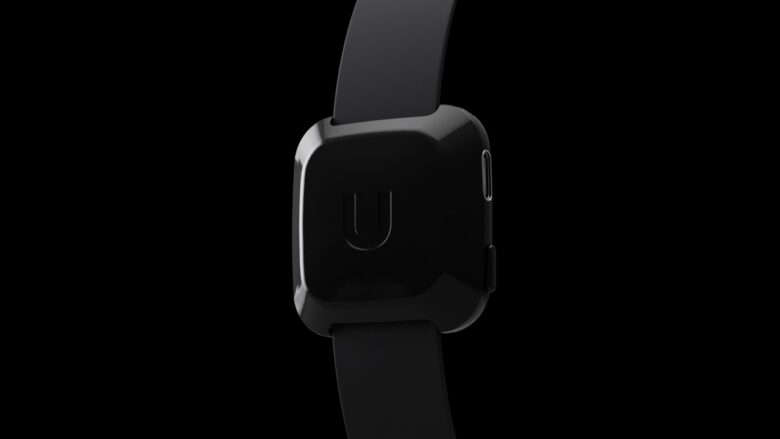
As part of a clinical studio, the company now wants to verify how reliable the non-invasive alternative is. After all, it is of great importance that diabetics get reliable values on their blood glucose levels. Whether and when KnowLabs’ method could be used in Germany is still up in the air. After all, the German Medicines Agency is always extremely cautious when it comes to approving medical devices.
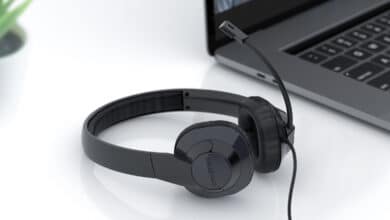

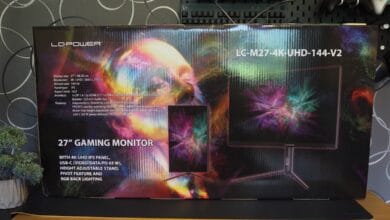
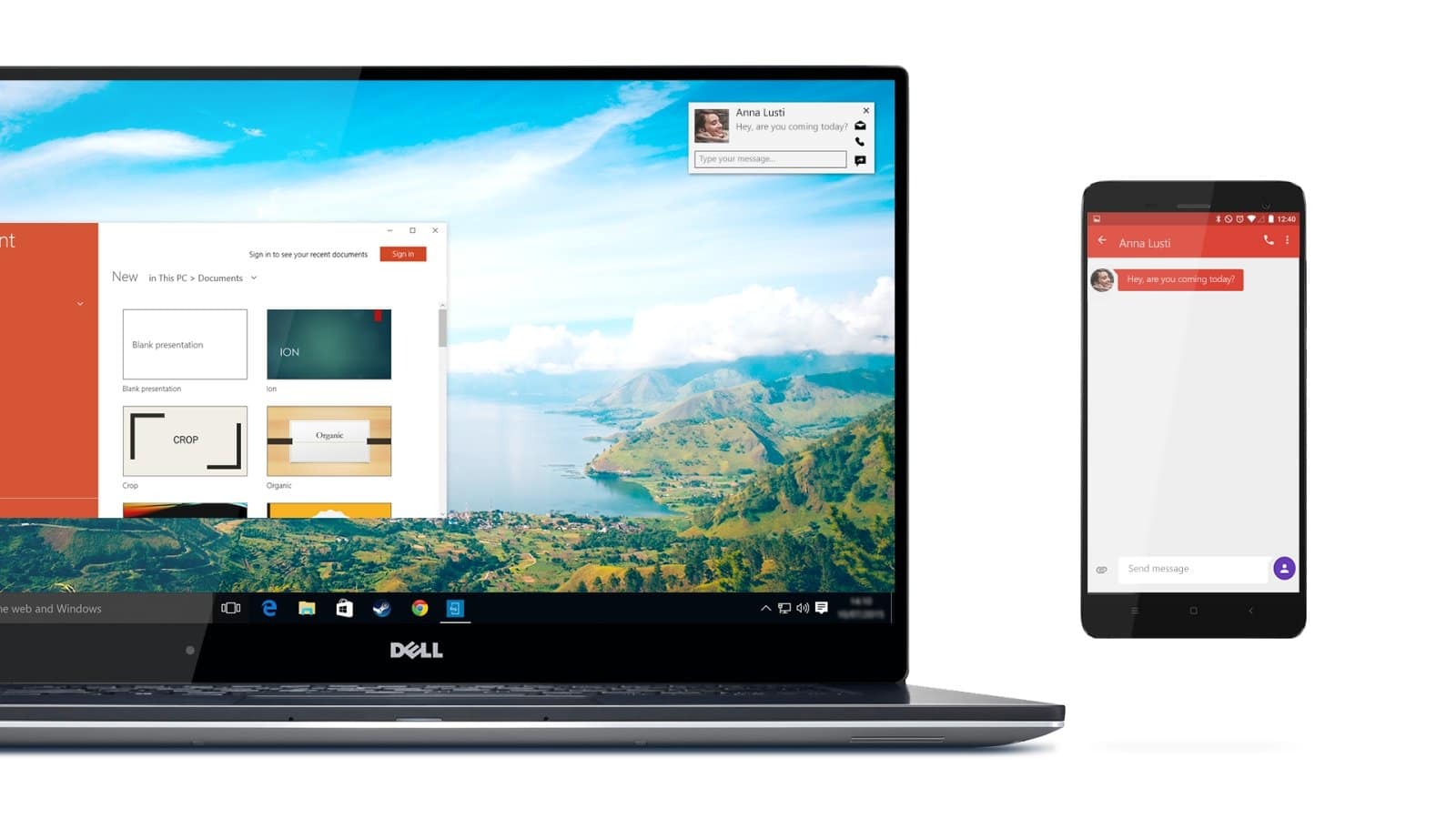
No replies yet
Neue Antworten laden...
Neues Mitglied
Beteilige dich an der Diskussion in der Basic Tutorials Community →